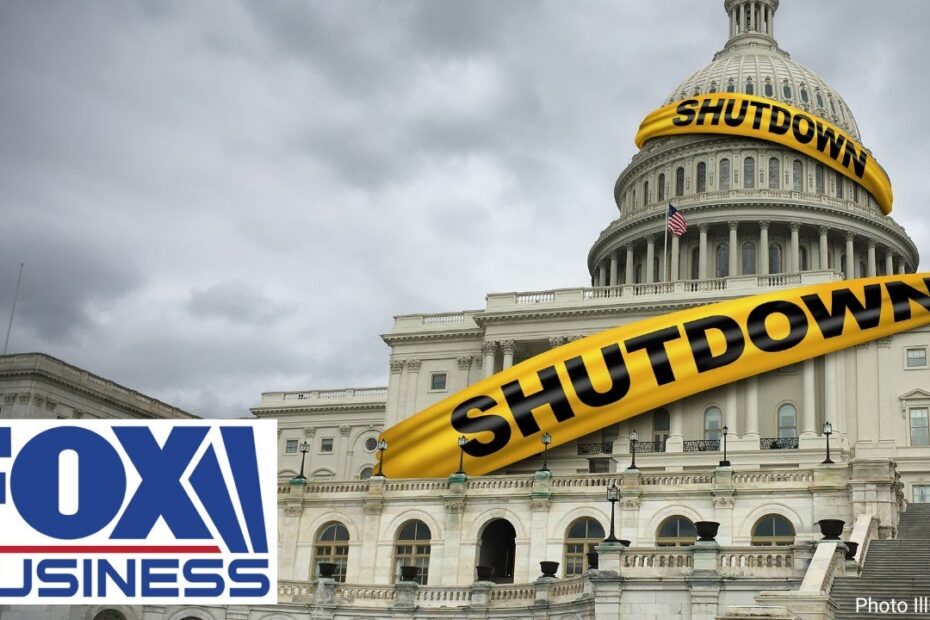Govt shutdown news: the latest on negotiations and potential impacts
Congressional leaders are racing against a September 30 deadline to avert a federal government shutdown, with negotiations centered on a continuing resolution (CR) to fund agencies temporarily. House Speaker Kevin McCarthy (R-CA) faces internal pressure from far-right Republicans demanding steep spending cuts, while Senate Majority Leader Chuck Schumer (D-NY) advocates for a bipartisan approach. The White House has urged Congress to pass a clean CR, emphasizing the risks of disrupting critical services. Failure to reach an agreement by midnight on September 30 would result in the first shutdown since December 2018, affecting millions of federal employees and contractors.
A government shutdown would immediately halt non-essential operations, furloughing approximately 800,000 federal workers and delaying paychecks for another 1.3 million. Agencies like the National Park Service and the Environmental Protection Agency would suspend operations, while programs such as food assistance (SNAP) and veterans’ benefits could face disruptions. The Congressional Budget Office estimates that the 2018-2019 shutdown cost the U.S. economy (11 billion, with )3 billion permanently lost. Economists warn that a prolonged shutdown could weaken economic recovery efforts, particularly amid ongoing inflation concerns and rising interest rates.
Key Questions About the Government Shutdown
- What is a continuing resolution (CR)? A CR is a temporary funding measure that allows federal agencies to continue operating at current spending levels while Congress negotiates a full-year budget.
- Which federal programs are most affected by a shutdown? Programs like SNAP, veterans’ benefits, and national parks are typically impacted, while essential services such as law enforcement and air traffic control continue.
- How does a shutdown affect federal employees? Approximately 800,000 workers are furloughed without pay, while 1.3 million essential employees work without immediate compensation until funding is restored.
